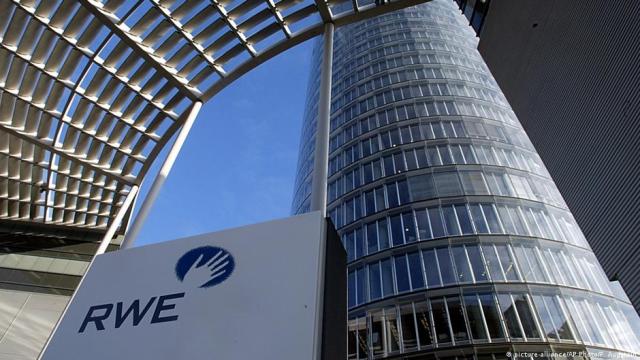The European Commission has given the green light to a €2.6 billion support package for RWE Power under EU State aid rules. This aid aims to compensate RWE for the early closure of its lignite-fired power plants in the Rhenish mining area, aligning with Germany’s coal phase-out law scheduled by 2038.
German Support Measure Overview
Under the German coal phase-out law, Germany initiated agreements with key producers of lignite-fired electricity — RWE and Lausitz Energie Kraftwerke (LEAG) — to encourage the early closure of their plants. The Commission’s initial investigation in March 2021 into Germany’s plan to compensate these operators with a total of €4.35 billion led to further scrutiny.
However, following Germany’s submission of an amended agreement in December 2022, outlining a revised method of calculating RWE’s forgone profits, and subsequent extensions to the Commission’s inquiry, a thorough assessment was conducted.
The measure will support the phase-out of lignite-fired power plants, contributing to the decarbonisation of the economy in line with the European Green Deal objectives, Margrethe Vestager, Executive Vice-President in charge of competition policy, said in a news statement.
Commission’s Evaluation
The Commission determined that while the aid does grant an advantage to RWE, it is essential, appropriate, and proportionate:
Necessary Incentive: The aid was deemed necessary to incentivize RWE’s exit from the market and achieve Germany’s environmental goals, especially reducing greenhouse gas emissions by 2030.
Appropriateness: Other policy measures wouldn’t allow for such a targeted and predictable phase-out, making this compensation the most effective solution.
Proportionate Compensation: It was deemed as the minimum necessary without overcompensating RWE, considering the forgone profits against the compensation’s net value.
Environmental Goals vs. Competition Concerns
The Commission balanced the aid’s impact on competition against its contribution to EU environmental and climate goals. Emphasizing the latter, the Commission approved the German measure under EU State aid rules.
Unresolved Aspects and Collaboration
This decision solely pertains to RWE; the investigation into LEAG’s compensation is ongoing. The Commission remains engaged with German authorities to address challenges posed by lignite exit, particularly for affected regions and workers in eastern Germany.
Background and Company Response
Acknowledging the significance of decarbonization in meeting climate objectives, the European Green Deal underscores the necessity of transitioning to renewable energy sources and phasing out coal.
RWE expressed contentment with the Commission’s decision, highlighting the compensation’s alignment with the German Act to Reduce and End Coal-Fired Power Generation passed in July 2020. The company stressed its compliance with the coal phase-out timeline, closures of power plant units, and significant costs incurred due to early production termination and forest preservation decisions.
Since the end of 2020, RWE has already shut down five lignite-fired power plant units as well as its briquette production in Frechen in accordance with the coal phase-out timeline. In addition, the company bore considerable costs due to the early termination of production at the Hambach open-cast mine as well as the political decision to preserve Hambach Forest.
Accelerated Phase-Out and Future Implications
The recent amendment to the Act to Reduce and End Coal-Fired Power Generation accelerated the coal phase-out to 2030, integrated into the already agreed-upon €2.6 billion compensation for RWE. This accelerated phase-out won’t warrant additional compensation, reflecting the commitments made in the original agreement.

